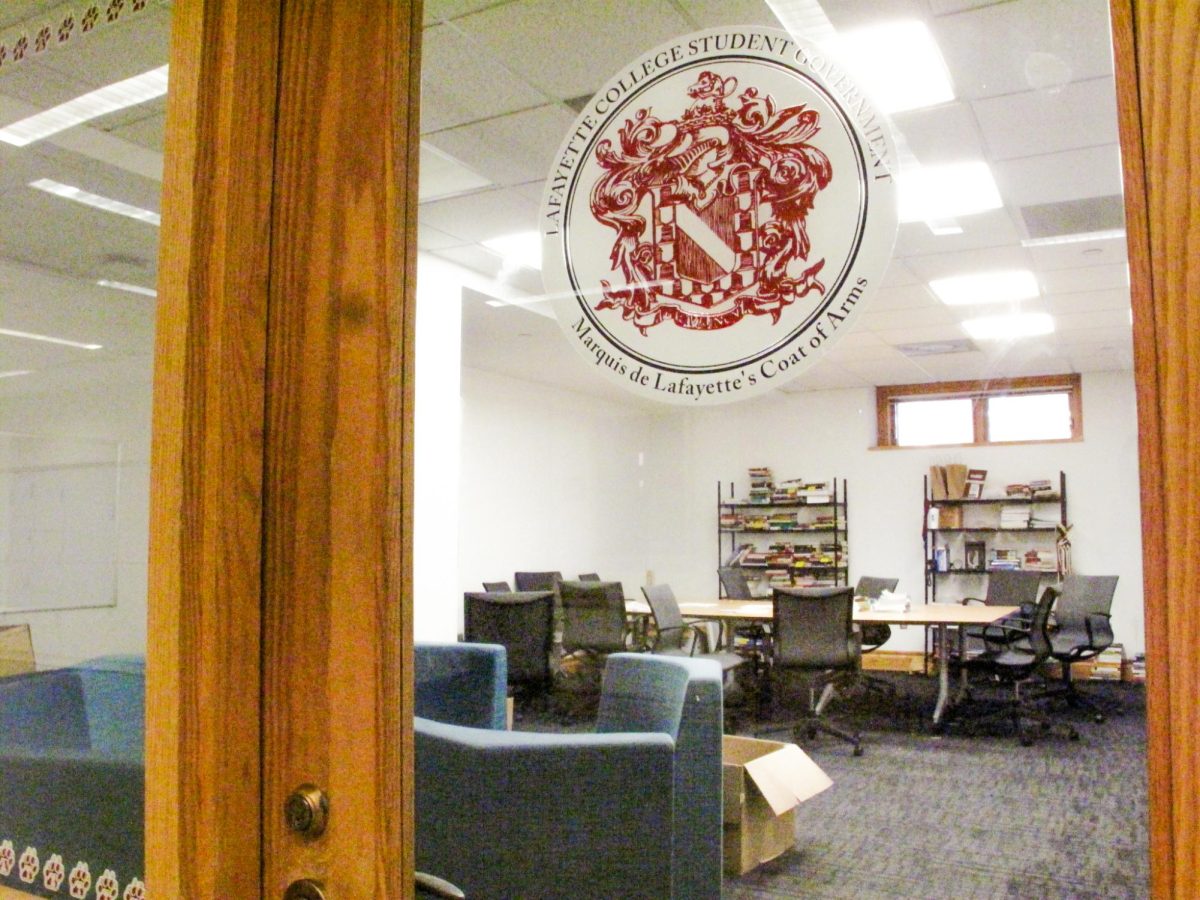Communications issues have plagued a special election for Student Government’s parliamentarian and treasurer positions and led to several violations of the organization’s rules.
President-elect Alex Brown ’26, who will assume his presidential duties in January, called the election in conjunction with the advisor of Student Government, circumventing the current executive board and violating Student Government’s bylaws.
According to Brown, he and advisor Allison Williams determined the members of the Elections Committee — a group of representatives that oversees executive board elections — alone. The committee consists of Brown, Vice President-elect Sasha Carter ‘27, Communications Officer-elect Ava Gallia ‘26 and Inclusivity Officer-elect Luna Garces ‘27, according to Brown.
The bylaws dictate that the elections committee must be co-chaired by the vice president and inclusivity officer. Should said officers be running in the election, they can designate a representative to replace them on the committee.
While Carter is currently the inclusivity officer, she told The Lafayette she was serving on the committee in her capacity as vice president-elect. Vice President Yuko Tanaka ’26 said she did not know a special election would be occurring until Brown announced the timeline in a private Student Government group chat on Nov. 22.
Brown wrote in an email that he and Williams determined the members of the committee because there had been “no verbal or written expression” of interest in joining the committee by any other representatives, including Tanaka.
Brown wrote that Tanaka was not included in the discussion because he and Williams believed she would be running in the special election.
Tanaka — who lost to Brown in the presidential race — submitted an application for the parliamentarian position, but withdrew it on Nov. 30. She was never asked to appoint a replacement to co-chair the elections committee.
Student Government’s bylaws state that the timeline of special elections will be chosen by the Elections Committee, but Brown and Williams decided on a timeline before the committee was formed, according to Brown.
Tanaka said that, at the time, she did not raise an issue with the fact that she had not been included.
“It didn’t really come up to my mind,” Tanaka said.
President Thania Hernandez ‘25 did not respond to requests for comment.
Student Government also only publicized the new application deadline for parliamentarian three days before applications were due — the organization’s rules require a two-week window between requesting candidate applications and hosting a special election. All freshmen, sophomores and juniors were eligible to run for this position.
According to Brown, Student Government members were told of the extended application weeks before the rest of the student body. He added that the OurCampus application may have stayed open after Nov. 6, the original deadline for the regular election, which he claimed would nullify the two-week-notice rule.
Tanaka said she believed applications for parliamentarian and treasurer closed 48 hours before the candidate forum — held on Nov. 14 — before reopening on Nov. 22.
Rep. Gracie Vale ‘27, however, submitted the lone application for treasurer on Nov. 13, nine days before Brown informed Student Government about the special election but a week after the original deadline of Nov. 6.
“We were trying to source candidates the entire time within StuGov while also keeping the OurCampus [form] open,” Brown wrote in an email.
Brown also claimed that whether or not the regulations mandating the two-week period were applicable to this election was “up to interpretation,” arguing that the special election was “basically operated as a continuation/extension of the regular election.”
“All the rules apply for the vacancies of executive positions, not for if there wasn’t a position going into next year,” he wrote. “This creates a legal gray zone … due to the lack of specificity on a follow up (not technically vacancy) election.”
When Student Government failed to produce an inclusivity officer candidate in the 2023 executive board election, an interim officeholder was chosen and a special election was held the next semester.
According to Brown, the decision to hold the current special election this semester was made to avoid operating without a complete executive board and “take more of students’ time in the spring.”
Ballots in the special election will be available until Wednesday at noon.
Editor’s note: This article was updated on Dec. 4, 2024, to include an additional quote from President-elect Alex Brown ’26 regarding his interpretation of Student Government’s rules.




























































































































